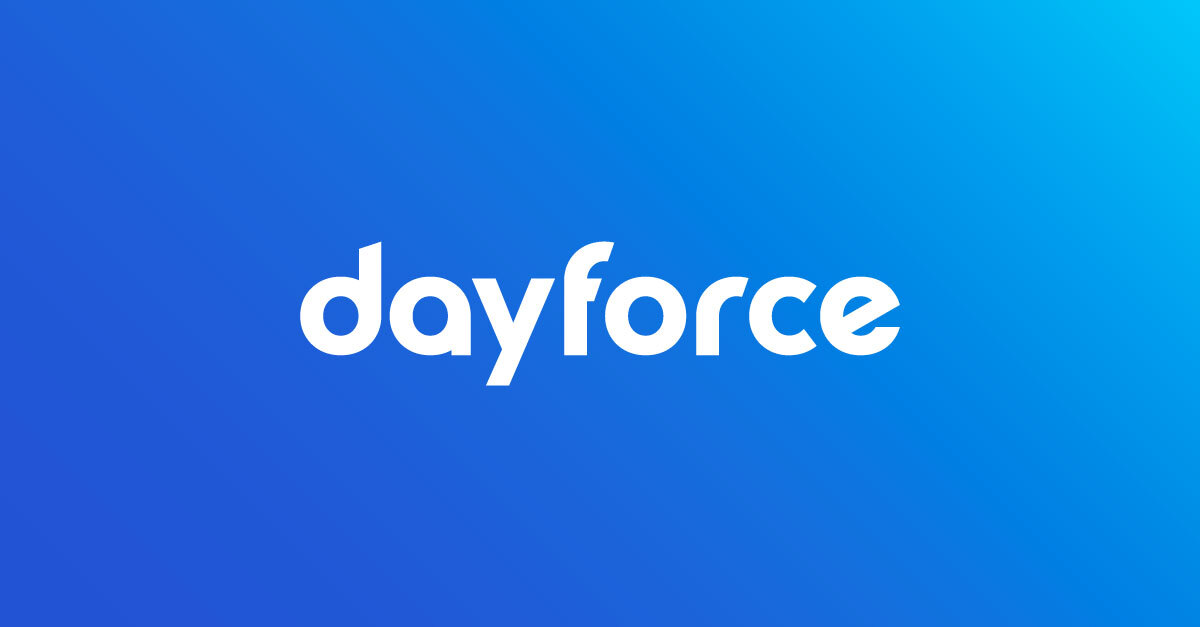Technology meets humanity: The role of AI-driven talent intelligence in aged care
Policy and workforce changes are challenging aged care organisations. But AI-drive talent intelligence can help enhance quality of care and support diversity.

Table of Contents
As the population ages, the call for quality care amplifies. Yet, aged care providers are facing a daunting reality: attracting and retaining staff in roles that are as emotionally taxing as they are physically demanding, requiring specialised skillsets often unique to the sector.
Compounding this, changes in policies – such as proposed mandates for increased staffing ratios1 – predict a future where the need for a larger workforce is not just a possibility, but a certainty. This reality is set against a backdrop of fierce competition for skilled workers, not just within aged care, but across the spectrum of care services, including disability and mental health sectors.
But it goes beyond numbers.
As we move towards increasingly personalised care models, driven by an aging population and a preference for independent living, technology can help aged care providers navigate the complexities of staffing and compliance, without losing the personal element that defines the sector.
This isn't about discarding the warmth of the human touch that is central to care. It's about enhancing our capacity to deliver it through a more informed, diverse, and skilled workforce.
Maintaining the human touch in the digital age
In the aged care sector, a transformative wave is taking shape with the integration of talent intelligence – a blend of data analytics, automation, and artificial intelligence (AI) into HR practices.
Talent intelligence is not a leap into the unknown, but a step towards a more nuanced understanding of HR, offering practical and real-world solutions:
- Efficient onboarding processes: Quick and thorough integration of new hires is streamlined by technology, ensuring immediate readiness for the unique demands of aged care.
- Compliance navigation: Talent intelligence platforms keep staffing within regulatory frameworks, providing foresight into evolving policies.
- Data-driven compensation systems: Fair and competitive wages are crucial for caregiver retention – analytics provide the framework for equitable remuneration.
- Accelerated recruiting: AI-powered screening tools speed up the process of identifying and hiring candidates with optimal skills and experience, making recruiting more efficient and reducing time-to-fill.
- Feedback-enhanced performance: Continuous feedback mechanisms, grounded in data, help maintain high standards of care and support staff development.
- Leadership development: AI-enriched training pathways cultivate the leadership necessary for aged care's future.
- Succession planning intelligence: Proactive identification of future leadership ensures continuity and resilience in care delivery.
Enhancing care quality with greater diversity
In a field where the human touch is everything, diversity, equity, and inclusion (DEI) are not just buzzwords. They are fundamental to the quality of care. Aged care providers benefit from teams that encompass a breadth of perspectives, creating an environment where every resident feels understood and valued. Staff diversity enriches the workplace, driving innovation and empathy in care approaches.
Talent intelligence tools offer more than a technological advantage – they bring a nuanced understanding of DEI to the forefront of recruitment strategies. By leveraging data and advanced analytics, these tools can help aged care providers attract a workforce that mirrors the diverse backgrounds and experiences of the residents they care for. This alignment is critical not only to meet the varied needs of the community but also to enhance the cultural competence of care teams.
Paving the way for aged care innovation
Talent intelligence isn’t just about looking after immediate hiring needs – data insights can also pave the way for more informed decision-making. Aged care providers can harness these insights to build robust workforce plans that not only align with current regulations but also anticipate future changes. This proactive stance is vital in a sector where being prepared is not just about having enough staff but having the right staff at the right time.
The use of AI and data analytics in aged care marks a shift towards a strategic approach to talent management. Although many in the sector may be initially reluctant to use AI tools, the sophistication of these technologies does not equate to complexity in use. Rather, they are designed to integrate seamlessly into existing processes, enhancing rather than replacing the valued traditional practices.
Through intelligent hiring, focused DEI efforts, and compliance-ready operations, talent intelligence is redefining the landscape of aged care, ensuring that as the sector evolves, it does so with strength, sustainability, and a deep-seated commitment to excellence in care.
[1] Paul Jenkinson, Substantial aged care staff increase needed by 2023: Study, Royal Australian College of General Practitioners (RACGP), newsGP, October 2021.
You may also like:
Ready to get started?

